UC Davis Energy News – May 2025
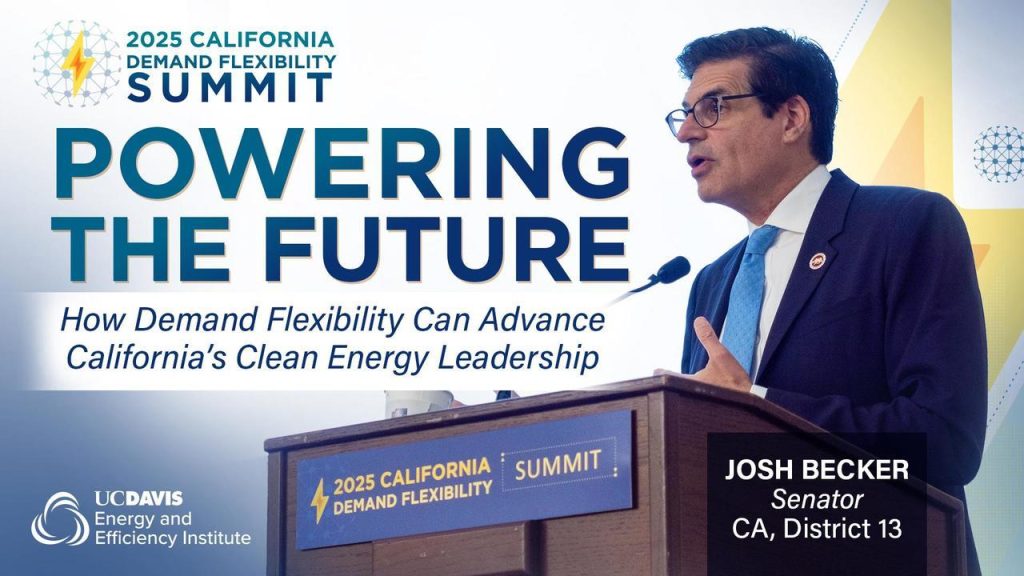
Demand Flexibility Summit Draws Hundreds to UC Davis On May 22, UC Davis hosted the 2025 California Demand Flexibility Summit, bringing together more than 400 participants from across sectors, including utilities, government agencies, academic institutions, and private energy companies. Attendees engaged in a full day of insight and discussion on how demand-side strategies can support a cleaner, more […]
Helping Birds and Floating Solar Energy Coexist
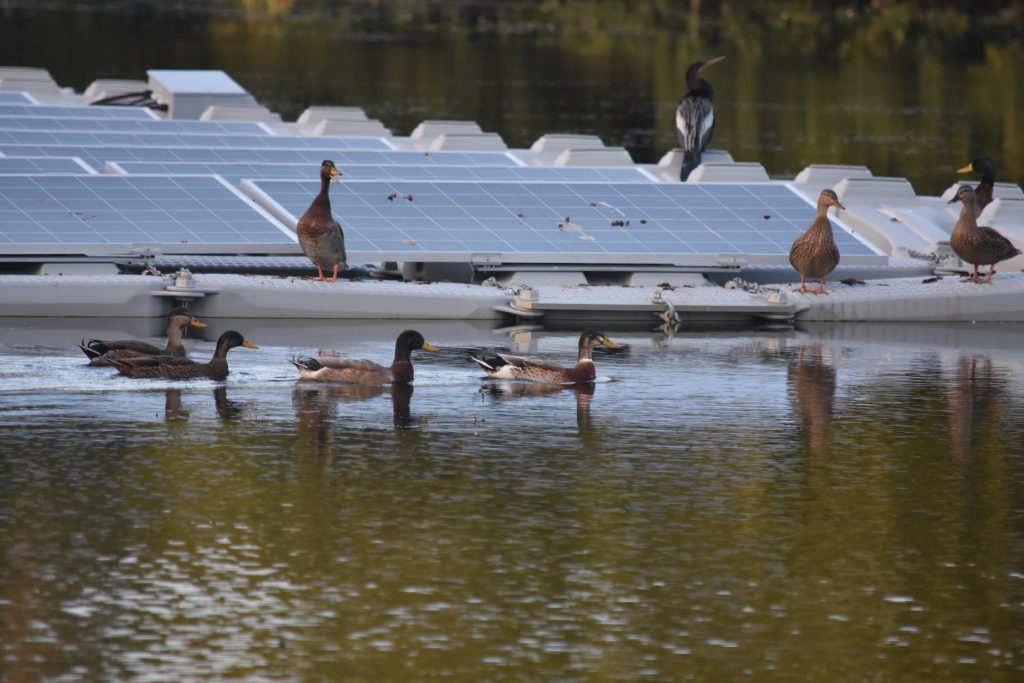
A new study from the UC Davis Wild Energy Center explores how floating solar energy systems—known as “floatovoltaics”—can coexist with waterbirds that rely on the same aquatic habitats. As these renewable energy installations expand across reservoirs, irrigation ponds, and wastewater facilities, researchers are investigating their potential impacts on bird species that nest, forage, and rest in these environments.
UC Davis Energy News – April 2025
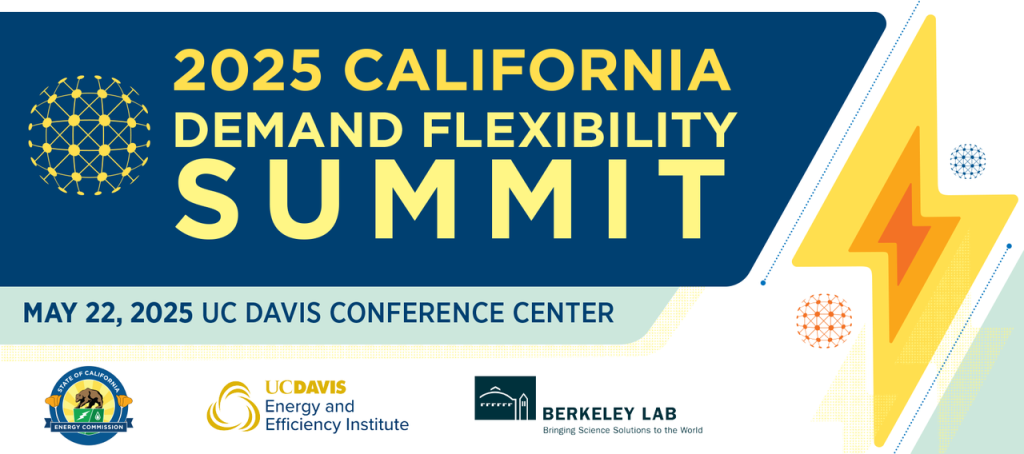
Be Part of the Transformation: Register today for the 2025 Demand Flexibility Summit We’re just a few weeks away from the 2025 California Demand Flexibility Summit, hosted by the California Energy Commission, in partnership with EEI and Lawrence Berkeley National Lab. Held on May 22 at the UC Davis Conference Center, the Summit will bring together leaders from across California’s energy landscape to […]
UC Davis Energy News – March 2025

New Video: Affordable, Effective Indoor Air Purification — DIY Style We spend 90% of our time indoors, and the air quality directly impacts our health. Dust, allergens, and airborne illnesses build up in our homes, schools, and workplaces, influencing our well-being and productivity every day. The Corsi-Rosenthal Box, co-designed by UC Davis College of Engineering Dean […]
WCEC Represents in DC for ARPA-E
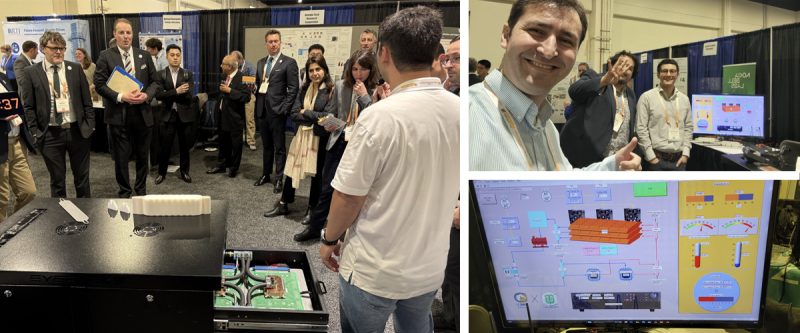
WCEC researchers recently returned from the 2025 ARPA-E Energy Innovation Summit in Washington, D.C., where they presented a liquid cooling demonstration as part of the COOLERCHIPS program.
New Video: Affordable, Effective Indoor Air Purification — DIY Style

We spend 90% of our time indoors, and the air quality directly impacts our health. Dust, allergens, and airborne illnesses build up in our homes, schools, and workplaces, influencing our well-being and productivity every day.
UC Davis Energy News – February 2025
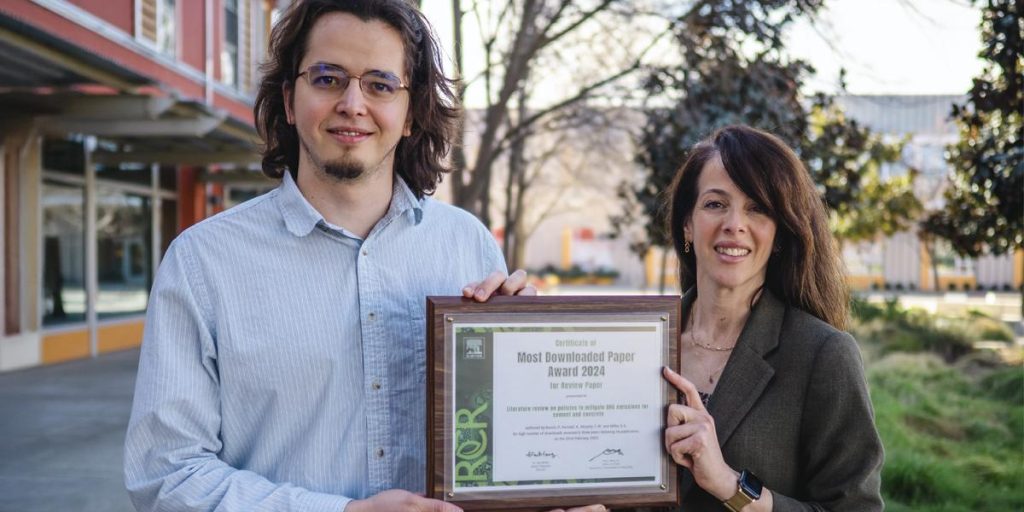
The Air We Breathe: UC Davis Experts Uncover Indoor Air Challenges Indoor air quality has a direct impact on health, influencing everything from respiratory health to disease transmission. WCEC Co-Director of Engineering Theresa Pistochini is leading efforts to develop smarter HVAC systems that improve air quality in schools. Poor ventilation has been linked to increased absenteeism, and Pistochini’s […]
Smarter Buildings, Lower Bills: The Power of Whole-Building Integration
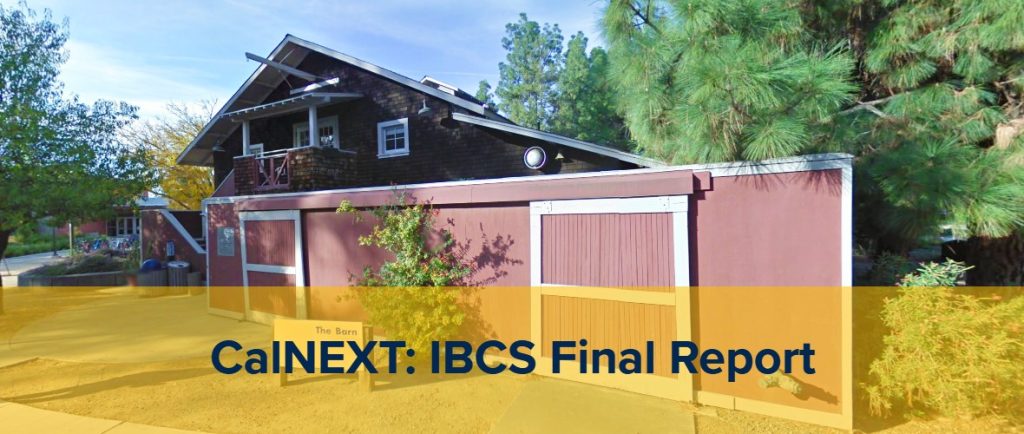
A new CLTC study demonstrates that integrating building systems under a centralized Building Automation System (BAS) can significantly reduce energy use. A team led by CLTC Director of Engineering Keith Graeber conducted field research at “The Barn,” a two-story, 2,068-square-foot building on the UC Davis campus.
The Air We Breathe: UC Davis Experts Uncover Indoor Air Challenges
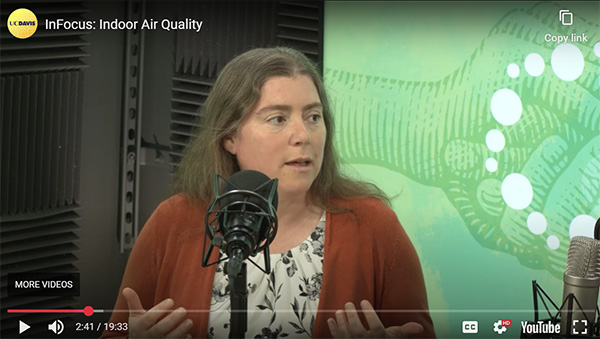
Indoor air quality has a direct impact on health, influencing everything from respiratory health to disease transmission. WCEC Co-Director of Engineering Theresa Pistochini is leading efforts to develop smarter HVAC systems that improve air quality in schools.
California’s EV Dream? Not for Drivers Struggling to Charge
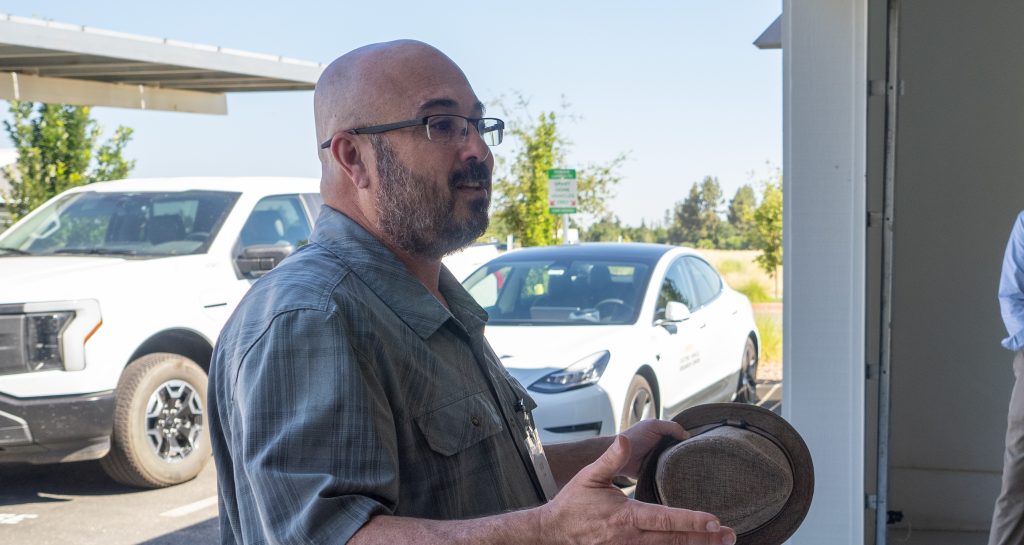
The latest episode of the UC Davis podcast Unfold dives into one of the biggest obstacles to EV adoption: unreliable public charging. While range anxiety is no longer a top concern, drivers now struggle to find chargers that actually work.
